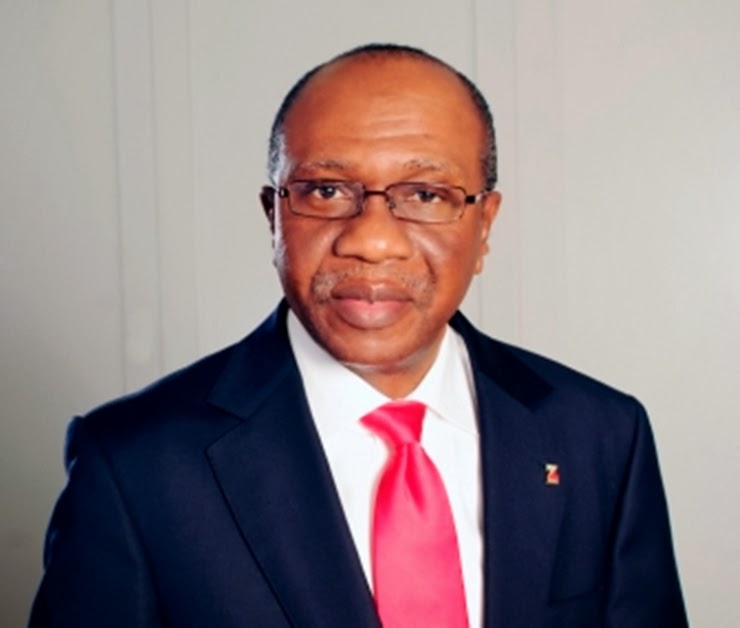The Governor of the Central Bank of Nigeria (CBN), Godwin Emefiele, said that he would not allow the naira to float freely because it would lead to “major” depreciation of the currency.
A weaker currency would affect the purchasing power and economy of Nigeria, he told a business conference in Lagos.
The naira has been under pressure from a fall in the price of oil, Nigeria’s main export.
This forced the CBN to devalue the currency by 8 percent in November to save its foreign reserves, after several months of defending it.
The naira closed at 192.10, a new record low against the U.S. dollar on Tuesday, compared with Monday’s record low close of 191.10.
“We cannot allow price (of the dollar) to just skyrocket simply in the name of demand and supply, that’s why what we do … is run a managed float where there’s a particular limit (at which) we intervene to keep price of foreign exchange within a moderated level,” Emefiele said.
Emefiele added that the CBN would continue to see how best to moderate naira pressures, noting that Nigeria imports almost everything it consumes — even “toothpicks, fish and rice” — which ruled out allowing the naira to float.
“If we do … it will lead to major depreciation of the currency. It will lead to high prices … the purchasing power of our people will decline … (and it) will begin to hurt the economy.”
The CBN Governor told the conference that the Central Bank had intensified its vigilance in the forex market in order to curb speculation and also to determine when to intervene.

